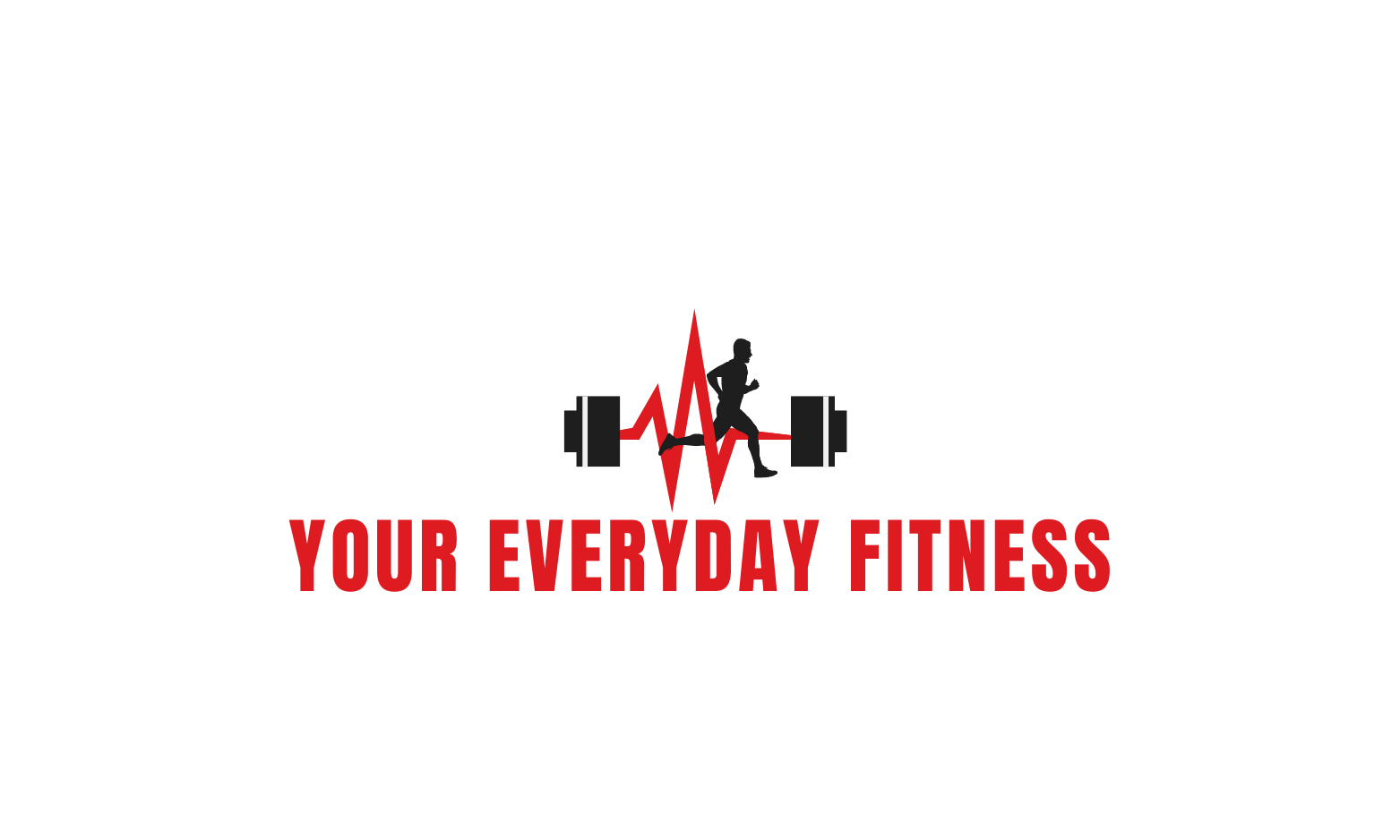If you’re all about building muscle, protein is your best buddy. Let’s break down why protein is so important and how you can time it just right to get the most out of your workouts.
Why Protein is Your Muscle’s Best Friend
When you hit the gym and lift those weights, you’re actually causing tiny tears in your muscle fibers. Protein swoops in to fix those tears, making your muscles bigger and stronger.
Protein isn’t just for repairs; it also provides the amino acids that are the building blocks for new muscle. To keep growing, you need to eat enough protein so your body is making more muscle than it’s breaking down.
So, how much protein do you need? Aim for about 0.6 to 1.0 grams of protein per pound of body weight each day. If you weigh 160 pounds, that’s around 96 to 128 grams of protein daily.
But remember, daily protein intake needs might vary based on individual factors such as training level, body composition, age, gender, etc. (Stark et al., 2018).
Timing is Everything

Getting your daily protein is key, but when you eat it can also make a big difference. Eating protein at the right times can help your body build muscle more efficiently.
Before Your Workout:
Eating protein before you exercise gives your muscles the amino acids they need to perform and recover. Pair it with some carbs for energy. Check out our article on pre-workout nutrition for more tips.
After Your Workout:
After you finish your workout, your muscles are like sponges, ready to soak up nutrients. Eating protein within 1-2 hours post-workout helps kickstart muscle repair and growth. For more on this, see our article on post-workout recovery nutrition.
Before Bed:
A protein snack before bed can keep your muscles fed while you sleep. Slow-digesting proteins like casein are great for this because they release amino acids throughout the night. Learn more in our article on protein consumption before bed.
By understanding how protein helps build muscle and timing your intake right, you can maximize your gains. Always talk to a healthcare professional or dietitian to figure out the best plan for you.
Pre-Workout Nutrition
Getting ready for a killer workout isn’t just about stretching and warming up. What you eat before you hit the gym can make a huge difference, especially when it comes to protein. Let’s break down why protein is your best friend before a workout and how pairing it with carbs can supercharge your performance.
Protein Intake Before Your Workout

Eating enough protein before you exercise gives your muscles the building blocks they need to grow and repair. Protein combined with carbohydrates before exercising can increase glycogen stores and improve performance, particularly during prolonged endurance activities (Rothschild et al., 2020).
Studies show that consuming 20-40 grams of protein prior to exercise can enhance muscle recovery and growth by providing essential amino acids needed during your workout (Ormsbee et al., 2014).
If you eat about 1-2 hours before you start sweating, you’ll give your body time to digest and absorb the protein, so your muscles have what they need when you need it.
Think about including foods like lean meats, chicken, fish, eggs, Greek yogurt, or plant-based options like tofu or beans in your pre-workout meal or snack. If you’re in a rush, protein shakes or bars can be lifesavers. Just make sure they’re high-quality and not loaded with sugar or weird additives.
Getting that protein boost before your workout can help your muscles recover faster, reduce muscle breakdown, and promote growth. This means you’ll get stronger and perform better. For more on how protein helps with muscle growth, check out our article on protein for muscle growth.
Carbs and Protein: The Dynamic Duo
While protein is key for muscle building, adding carbs to the mix can take your workout to the next level. Carbs are your muscles’ main energy source, giving you the fuel you need for those intense sessions. Eating carbs with protein can boost your glycogen stores and help keep muscle fatigue at bay.
Try to get a good balance of carbs and protein in your pre-workout meal or snack, aiming for a 2:1 ratio of carbs to protein. This means about 0.5-1 gram of carbs per pound of body weight. Go for complex carbs like whole grains, fruits, veggies, or beans for steady energy.
Combining carbs and protein before your workout can keep your energy levels up, help you work out longer, and support muscle growth. Play around with different foods and timing to see what works best for you and your fitness goals.
Next up, we’ll dive into why protein after your workout is just as important and how timing it right can help with muscle recovery and growth. Stay tuned to learn more about getting the most out of your workouts.
Post-Workout Nutrition

After you’ve pushed yourself to the limit in the gym, what you eat next can make or break your gains. Protein is your best friend here, helping your muscles bounce back and grow stronger. Let’s break down why protein is so important after a workout and how to get the timing just right.
Protein Intake After Your Workout
When you lift weights or do any intense exercise, your muscles get tiny tears. Protein comes in to fix those tears and build your muscles back up, stronger than before.
Research indicates that consuming protein immediately after exercise can increase muscle protein synthesis by over 300%, significantly more than if the consumption is delayed by several hours (Levenhagen et al., 2001).
Aiming for 20-30 grams of high-quality protein after your workout can significantly enhance muscle repair and growth, as demonstrated in numerous studies (Aragon and Schoenfeld, 2013). This can come from chicken, fish, eggs, dairy, or plant-based options like beans, tofu, and tempeh.
Like always, exactly much protein you need depends on your weight, how hard you train, and your goals.
Timing Your Post-Workout Protein
Getting your protein in soon after your workout is key. This prime time, often called the “anabolic window,” usually lasts about 30-60 minutes post-exercise.
Studies have shown that the ‘anabolic window’ of protein intake might extend beyond the commonly cited 30-60 minutes post-exercise, which would offer more flexibility in timing protein intake. But just to be safe, the sooner the better (Schoenfeld et al., 2013).
During this window, your muscles are ready to absorb the protein and start rebuilding. Eating protein during this time can boost muscle repair and growth. But don’t stress too much about the exact timing. What matters most is that you get enough protein throughout the day.
To hit your protein goals, consider adding protein-rich foods or supplements to your post-workout routine. Pair your protein with some carbs to refill your energy stores and help with recovery.
By focusing on protein after your workout and timing it right, you’ll help your muscles recover, grow, and get stronger. Listen to your body, and if you’re unsure, talk to a healthcare professional or dietitian to tailor your protein intake to your needs and goals.
Bedtime Snack

Want to wake up stronger? Let’s talk about what you munch on before hitting the sack. Your body does a lot of its muscle-building magic while you sleep, so giving it the right fuel before bed can make a big difference. We’re talking about protein, folks. It’s the secret sauce for overnight recovery and muscle growth.
Protein Before Bed: Why It Matters
Eating protein before bed helps kickstart muscle protein synthesis while you snooze. This is the process where your body builds new muscle tissue. Aim for a protein-packed snack or small meal about an hour before you turn in. This way, your muscles get a steady supply of amino acids all night long.
Studies have shown that eating 40 grams of casein protein before bed can enhance overnight muscle protein synthesis and aid in recovery after resistance training (Snijders et al., 2019).
So, what should you eat? Think Greek yogurt, cottage cheese, or a protein shake. These options are not only loaded with protein but also come with other goodies that help your muscles recover and grow. Plus, they’re easy on the stomach, so you won’t be tossing and turning all night.
Slow-Release Proteins: The Nighttime MVPs
Want to take it up a notch? Go for slow-release proteins. Studies have shown that ingesting casein, a slow-digesting protein, before sleep can provide a sustained release of amino acids, will also help with that muscle repair through the night (Trommelen and van Loon, 2016).
This helps prevent muscle breakdown and keeps the muscle-building process going strong.
Casein is found in dairy products, casein forms a gel-like substance in your stomach, slowing down digestion and providing a long-lasting release of amino acids. A casein-based protein shake or a snack like cottage cheese before bed can keep your muscles fed all night.
If you’re vegan or vegetarian, no worries. Slow-release proteins like soy protein and certain plant-based blends can do the trick. Just pick what fits your diet and lifestyle.
The Bigger Picture
Eating protein before bed is just one piece of the puzzle. Your overall daily protein intake and when you eat it throughout the day also matter. For more tips on getting the most out of your strength training, check out our article on strength training macronutrients.
So, next time you’re winding down for the night, remember to give your muscles a little love with a protein-rich snack. Your future self will thank you.
Protein Spacing Throughout the Day
Want to get those muscles popping? It’s not just about chugging a protein shake after your workout. You gotta spread that protein love throughout the day. This way, your muscles get a steady stream of amino acids, which are the building blocks they need to grow and repair.
Let’s break down why spacing out your protein is a game-changer and toss in some tasty snack ideas to keep you on track.
Why Spread Out Your Protein?

Research supports the importance of distributing protein intake evenly across the day to optimize muscle health and maximize gains from resistance training (Schoenfeld et al., 2013).
Keeping your protein intake steady has some other solid perks for muscle growth and recovery. Here’s the lowdown:
- Muscle Building on Point: Eating protein at regular intervals keeps your muscles fed with amino acids all day. Spacing protein intake throughout the day maximizes muscle protein synthesis (fancy talk for muscle building and repair), which enhances overall muscle growth and repair (Pasiakos et al., 2013).
- Better Recovery: When you space out your protein, your muscles always have what they need to fix themselves up. This means less soreness and better muscle function overall.
- Feeling Full: Protein-packed meals and snacks help you feel full longer and keep those pesky cravings at bay. Spread out your protein, and you’ll manage hunger better and keep your calories in check, which is key for hitting your body goals.
- Nutrient Boost: Eating protein with carbs and healthy fats helps your body absorb and use nutrients better. This not only aids muscle recovery but also boosts your overall health.
To nail this, aim to include a protein source in every meal and snack.
Think lean meats, poultry, fish, dairy, eggs, legumes, and plant-based proteins. Now, let’s get into some snack ideas that’ll help you hit your protein targets.
Protein-Packed Snack Ideas
Snacking smart with high-protein options can help you meet your daily protein needs. Check out these tasty ideas:
| Snack Idea | Protein Content |
|---|---|
| Greek yogurt with berries | 15-20g per serving |
| Cottage cheese with sliced fruit | 10-15g per serving |
| Hard-boiled eggs | 6g per egg |
| Protein smoothie with whey or plant-based protein powder | 20-30g per serving |
| Turkey or chicken roll-ups with lettuce and whole wheat wrap | 15-20g per serving |
| Roasted chickpeas | 6g per 1/4 cup |
| Almonds or other nuts | 6-8g per 1/4 cup |
| Protein bars or protein balls (check the label for protein content) | Varies |
These snacks are easy to grab and pack a protein punch to keep your muscles fueled. Pick snacks that fit your taste and dietary needs.
If you’re vegan or vegetarian, there are plenty of plant-based protein options out there. Check out our article on vegan strength training nutrition for more tips.
By spreading out your protein intake and munching on protein-rich snacks, you’ll keep your muscles happy with a steady supply of amino acids.
This helps you build muscle, recover better, and stay on track with your fitness goals. Try out different snacks to see what you like best and enjoy the benefits of a balanced protein diet.
Some of My Favorite High Protein Snacks
Here are some of my personal favorites..
- Oikos high protein greek yogurt, with vanilla protein powder, and berries.
- High protein french toast with greek yogurt
- Apples with peanut butter
- Literally anything else with peanut butter (it’s my favorite)
- Protein shake with chocolate whey protein powder, peanut butter, banana and milk
Sources
- Aragon, A.A., & Schoenfeld, B.J. (2013). Nutrient timing revisited: is there a post-exercise anabolic window?. Journal of the International Society of Sports Nutrition, 10(1), 5.
- Levenhagen, D.K., et al. (2001). Postexercise nutrient intake timing in humans is critical to recovery of leg glucose and protein homeostasis. American Journal of Physiology-Endocrinology And Metabolism, 280(6), E982-E993.
- Ormsbee, M.J., Bach, C.W., & Baur, D.A. (2014). Pre-exercise nutrition: the role of macronutrients, modified starches and supplements on metabolism and endurance performance. Nutrients, 6(5), 1782-1808.
- Pasiakos, S.M., et al. (2013). Effects of protein supplements on muscle damage, soreness and recovery of muscle function and physical performance: a systematic review. Sports Medicine, 43(5), 345-372.
- Rothschild, J.A., Kilding, A.E., & Plews, D.J. (2020). What Should I Eat before Exercise? Pre-Exercise Nutrition and the Response to Endurance Exercise: Current Prospective and Future Directions. Nutrients, 12(11), 3473.
- Schoenfeld, B.J., Aragon, A.A., & Krieger, J.W. (2013). The effect of protein timing on muscle strength and hypertrophy: a meta-analysis. Journal of the International Society of Sports Nutrition, 10(1), 53.
- Snijders, T., et al. (2019). The Impact of Pre-sleep Protein Ingestion on the Skeletal Muscle Adaptive Response to Exercise in Humans: An Update. Frontiers in Nutrition, 6, 17.
- Stark, M., Lukaszuk, J., Prawitz, A., & Salacinski, A. (2012). Protein timing and its effects on muscular hypertrophy and strength in individuals engaged in weight-training. Journal of the International Society of Sports Nutrition, 9(1), 54.
- Trommelen, J., & van Loon, L.J. (2016). Pre-Sleep Protein Ingestion to Improve the Skeletal Muscle Adaptive Response to Exercise Training. Nutrients, 8(12), 763.
- Vliet, S.V., Beals, J.W., Martinez, I.G., Skinner, S.K., & Burd, N.A. (2018). Achieving Optimal Post-Exercise Muscle Protein Remodeling in Physically Active Adults through Whole Food Consumption. Nutrients, 10(2), 224.







